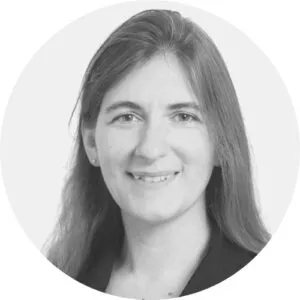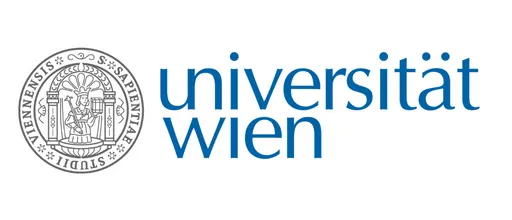
Tara Andrews
Tara Andrews became University Professor of Digital Humanities at the Institute for History in 2016. She has also served as a Scientific Director of the Austrian Centre for Digital Humanities and Cultural Heritage (ACDH-CH) at the ÖAW since 2018.
With a Bachelor of Science in Humanities and Engineering from the Massachusetts Institute of Technology (1999), and the degrees of Master (2005) and Doctor (2009) of Philosophy in Byzantine and Armenian studies from the University of Oxford, her dual scientific training as well as her professional experience in the software industry has provided valuable and rare perspectives on the use of digital and computational methods in humanities domains. Andrews’ fields of expertise include the history and historiography of the Christian Near East in the tenth to twelfth centuries, the application of computational and statistical methods for reconstruction of the copying history of ancient and medieval manuscripts (stemmatology), and reflection on the implications of employing digital media and computational methods in humanities contexts.
She has been invited to give keynote presentations at both academic and industry conferences, has contributed to both the Armenian-source content and the technical maintenance of the online “Prosopography of the Byzantine World”, has edited or co-edited two collections of papers on the subject of software and computational analysis in textual studies, and has published several journal articles as well as a monograph on topics that cover both medieval Armenian history and digital scholarly practice.
Her scientific output also extends to research software, most notably the ‘Stemmaweb’ suite of online tools for analysis of text variants and their associated stemma hypotheses, but also including a range of smaller tools whose source code has been released to the public on Github. From 2021–2026 she will be PI of the ERC project RELEVEN, aiming to bring a new perspective to the history of the eleventh century in the Christian world by digitally re-modeling the data we have.


